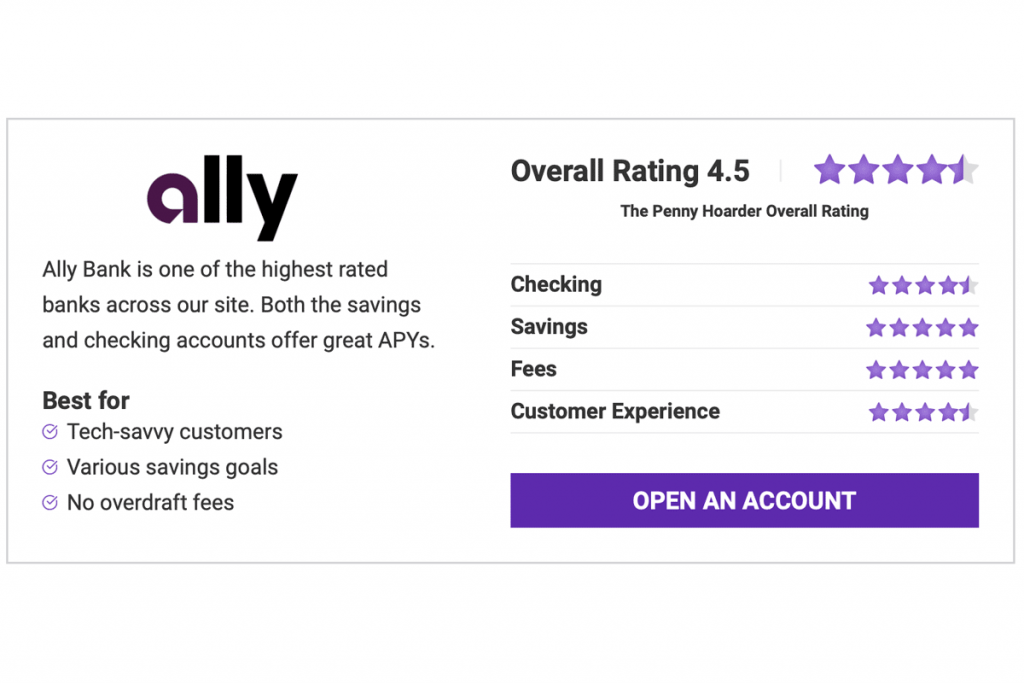As weddings crank back up following an extended pause during the pandemic, demand is increasing for officiants to help all those couples tie the knot.
Officiating a wedding is a rewarding role that requires research, preparation — not to mention ordination. It’s also a fun and lucrative side gig.
Here’s the lowdown on how to become a wedding officiant so you can start presiding over all those joyous “I dos.”
How to Become a Wedding Officiant
Before you can start presiding over weddings and signing marriage licenses, you’ll need to take a couple important steps.
Get Ordained
Becoming ordained is usually simple, and many officiants get ordained online.
Some state laws are more strict when it comes to online ordinations, so you may have to pursue other options based on where you live. The cost of getting ordained ranges from free to around $50. You may also have to pay a small fee for a certified copy of your ordination document to prove it.
Organizations like American Fellowship Church, Rose Ministries, Universal Life Church and Universal Ministries offer online ordination. Though many of these organizations have religious connotations in their titles, anyone is welcome to get ordained. “Becoming a minister with the AMM does not require you to hold any particular spiritual belief,” American Marriage Ministries says on their website.
Check Local Rules and Register if Needed
Marriage is the domain of the state. So even if you’re ordained to officiate weddings, you must comply with local rules and regulations.
States — and even some counties — have different rules about who can perform a wedding ceremony. Check your state’s website or speak with your local county clerk’s office.
“Some (places) are easier to register in; some do not require you register; some only recognize ‘ordained’ religious persons and judges; some notaries too can do weddings,” says Chaplain Jerry Schwehm, moderator and president of the American Association of Wedding Officiants.
The majority of states don’t require you to register. However, 14 states do require registration through some government entity – whether it’s the health department in Hawaii or the county clerk in Virginia.
Here’s a complete breakdown of the states that require wedding officiant registration and those that don’t.
Online weddings were illegal in most states prior to the pandemic but some states relaxed those rules in 2020. American Marriage Ministries has a list of states with their rules about online weddings.
If you’re not recognized by the state where the ceremony is taking place, “you’re risking the legal standing of the bridal couple’s marriage – which can affect their health insurance, home ownership, taxes and more,” said David F. Jackson, senior administrative counsel for First Nation Church & Ministry in New York.
Beware of Virginia
If you’re looking for an easy place to perform a wedding ceremony, you may want to steer clear of Virginia, says Yvonne Doerr, who officiates weddings in Maryland and Washington, D.C.
Since 2010, most county clerk offices in Virginia have denied online-ordained ministers the right to perform marriages.
“Some places frown on just online ordinations without any specific education or training involved. Although states are hesitant to say who is or who is not a clergyman, most prefer a main line type ordination process, some training, some form of screening and authorization,” Doerr says.
Still keen? You’ll need to lay out every detail of the service — where the church is located, when it meets, the size of the congregation — before a judge, who will determine whether or not you can serve as the wedding officiant.
How to Prepare to Officiate a Ceremony
Long before the wedding day arrives, you should meet with the couple to get to know them and learn what kind of tone they want to set for their ceremony – everything from the vows to the dress code.
“I really try to make each service unique and reflect the couple,” Doerr says. “I collect stories and little details from each of the couples and weave them into the service.
She added: “I really believe in the sentiment behind the vows. I try to set a tone that helps the couple really hear and reflect on the vows as they’re taking them. I want the couple and the guests to remember the service and what was said — and not just remember the bride’s dress and the cake.”
Before the wedding, you should also get familiar with the wedding venue as well as the other wedding professions, including the wedding DJ and wedding planner, for whatever coordinating is necessary to ensure a smooth event.
One more important thing: Make sure to rehearse!
Responsibilities After the Ceremony
Once the ceremony is over, the officiant needs to make sure they’ve taken care of all the required paperwork.
The couple should have received the marriage license prior to the ceremony, but they’ll also need a marriage certificate.
Most states require both spouses, the officiant, and at least one or two witnesses to sign the marriage certificate after the ceremony. The officiant will then file the signed certificate in the county office within a few days, with the couple receiving a certified copy soon thereafter.
How Much Can You Earn?
Wedding Officiant Insider says the average pay for wedding officiants is $350.
Doerr says she “would never consider officiating a career” because you’d never get enough work.
She usually charges between $300 and $500, depending on the size of the wedding and whether there’s a rehearsal. She spends an average of five to 10 hours on each wedding.
Could You Become a Marriage Officiant?
Anyone considering becoming an ordained minister should recognize that their role is more than just reciting the “I do’s,” says Jackson. You’ll be managing a major event in people’s lives, one you’ll want to treat with dignity and respect.
What qualities should wedding officiants have? Schwehm recommends knowing how to prepare a speech, how to keep proper records and a calendar, and understanding the ins and outs of bookkeeping and scheduling.
He also advises that officiants stay on top continuing education and keeping up with new quotes and poems and new styles of ceremonies.
You have to find it fun, or it’s not the job for you.
“I really enjoy the officiating. It is wonderful to be a part of such a happy occasion,” said Doerr. “I’ve met some really neat people in the process too.”
Alison Johansen is a freelance writer for The Penny Hoarder. Senior writer Robert Bruce contributed to this article.
Credit: Source link














